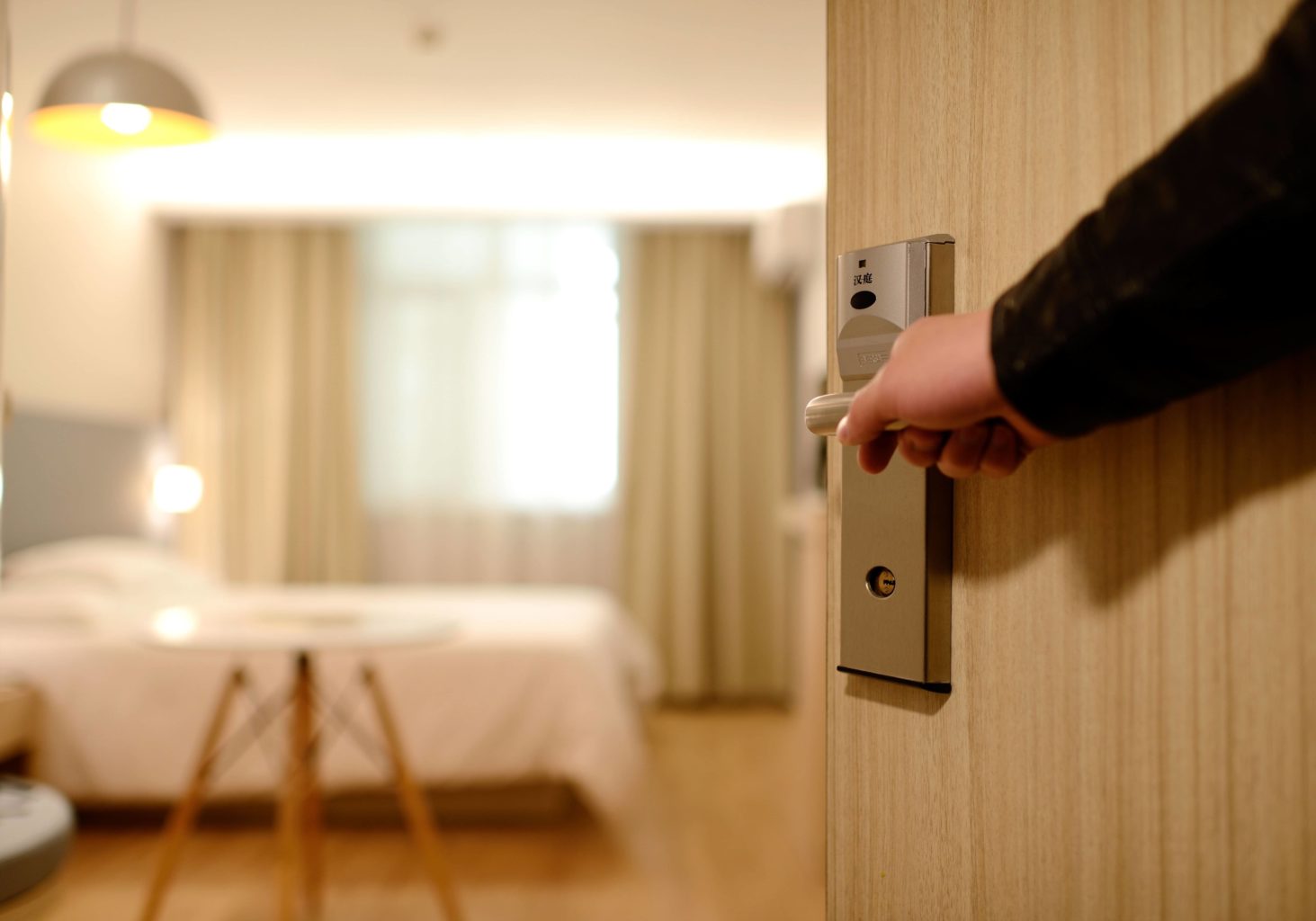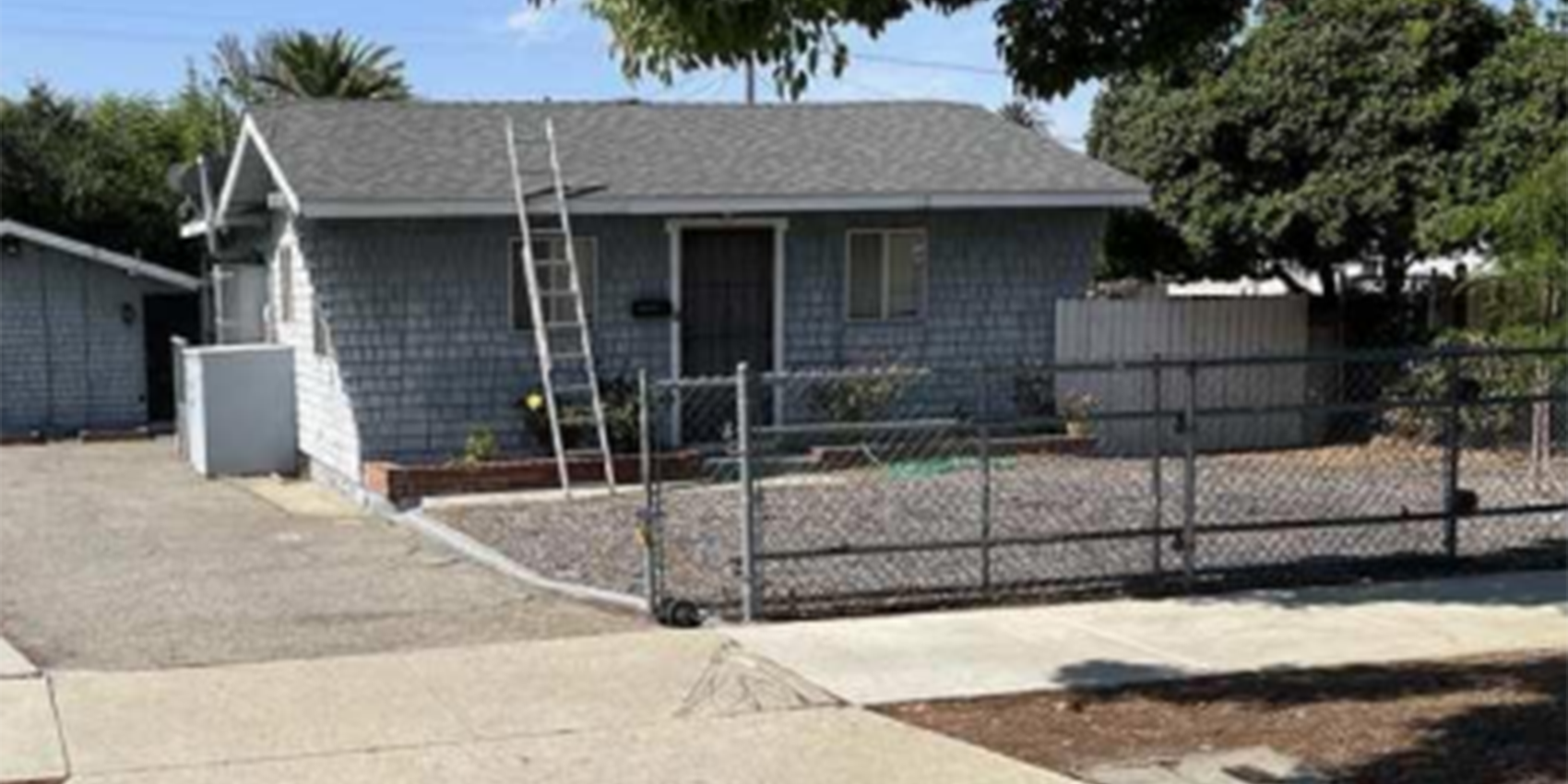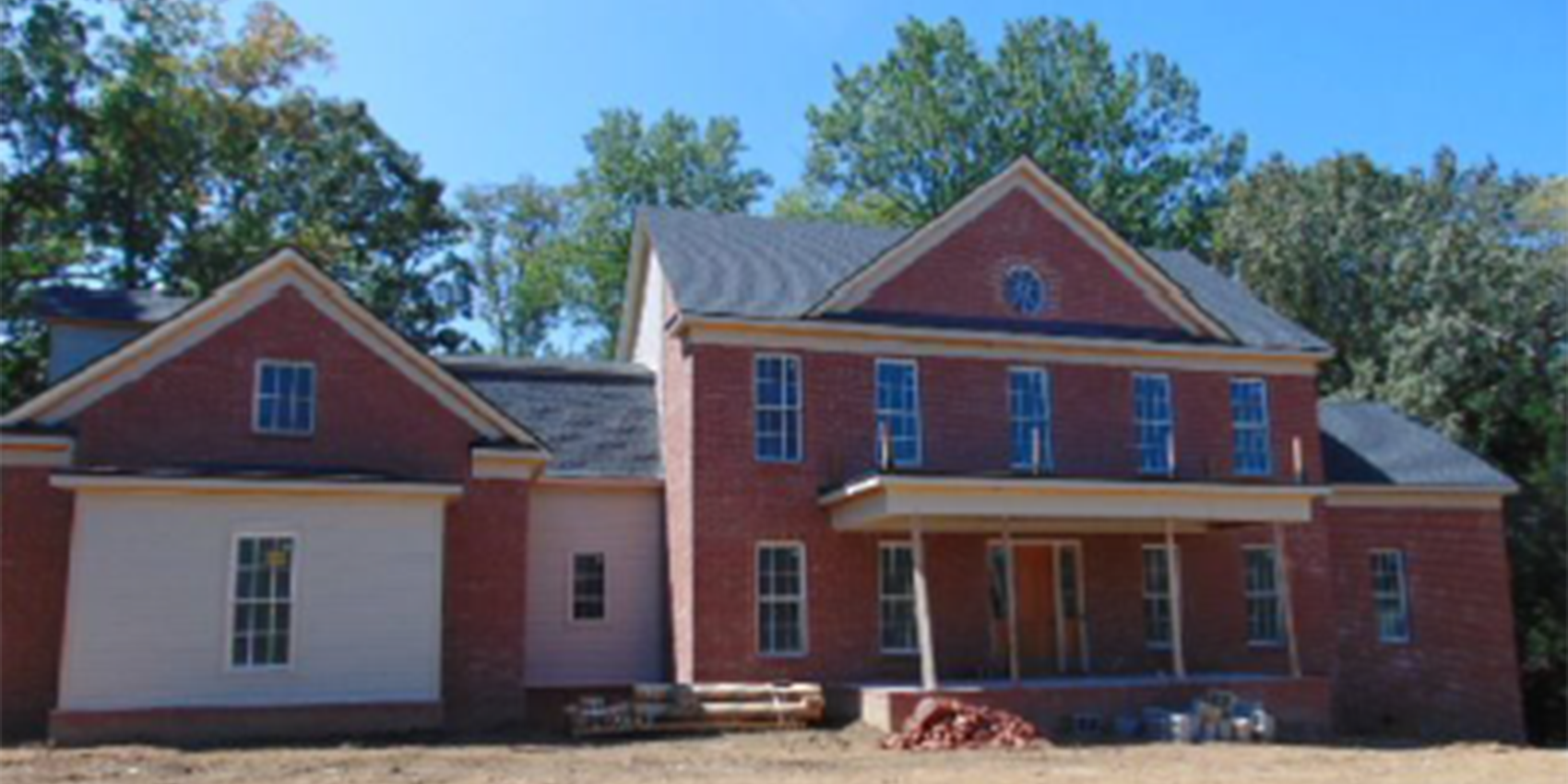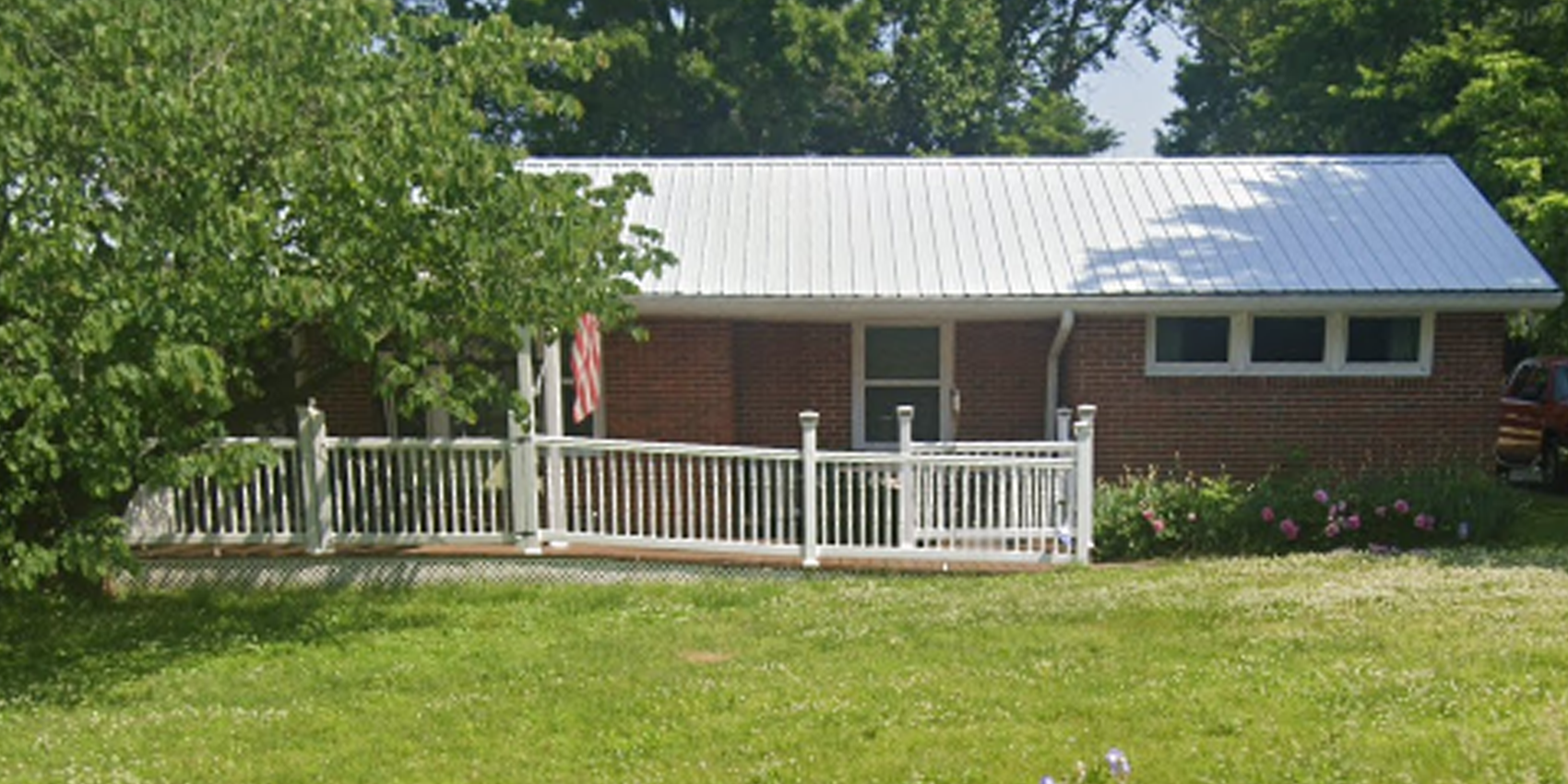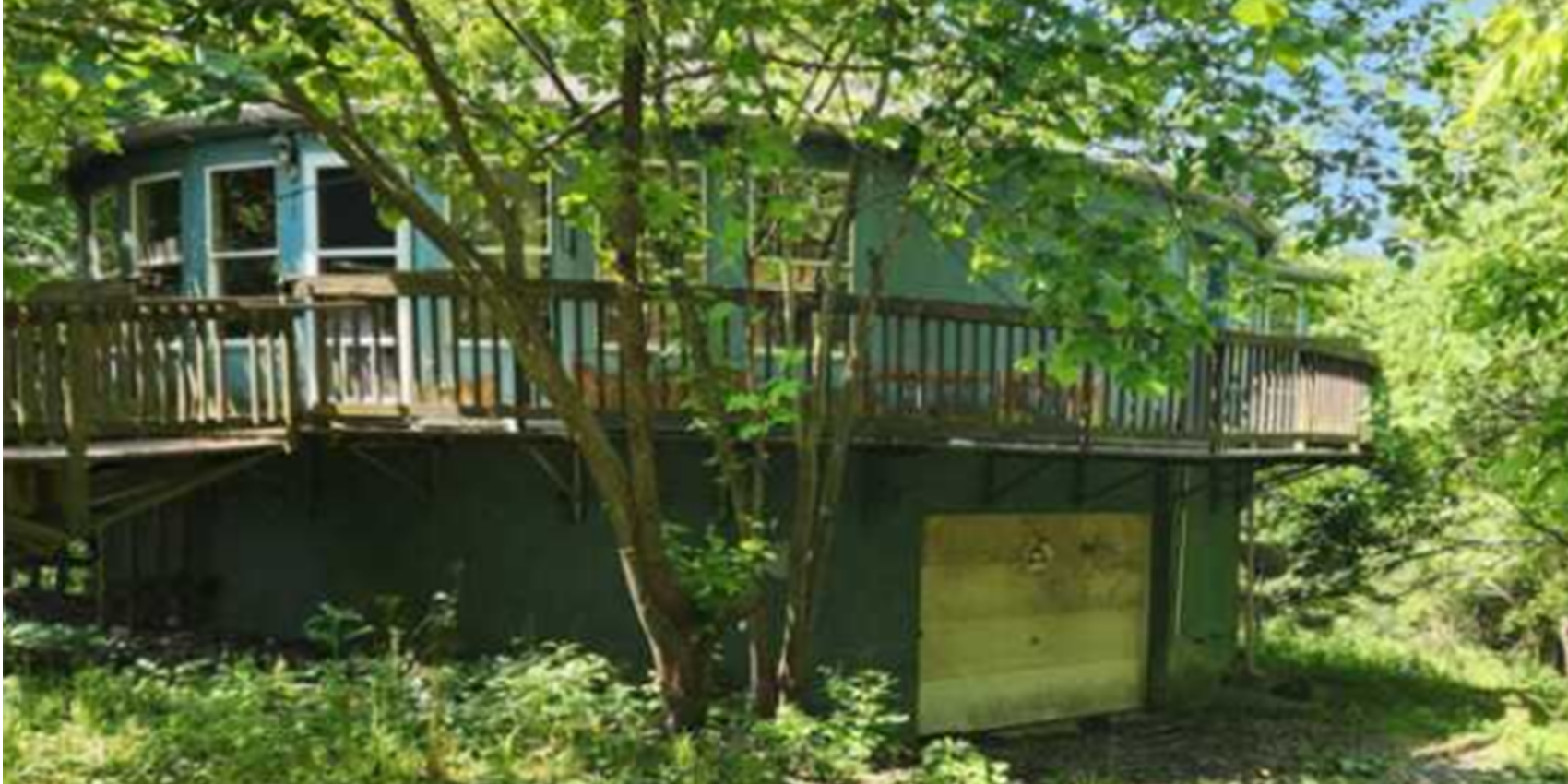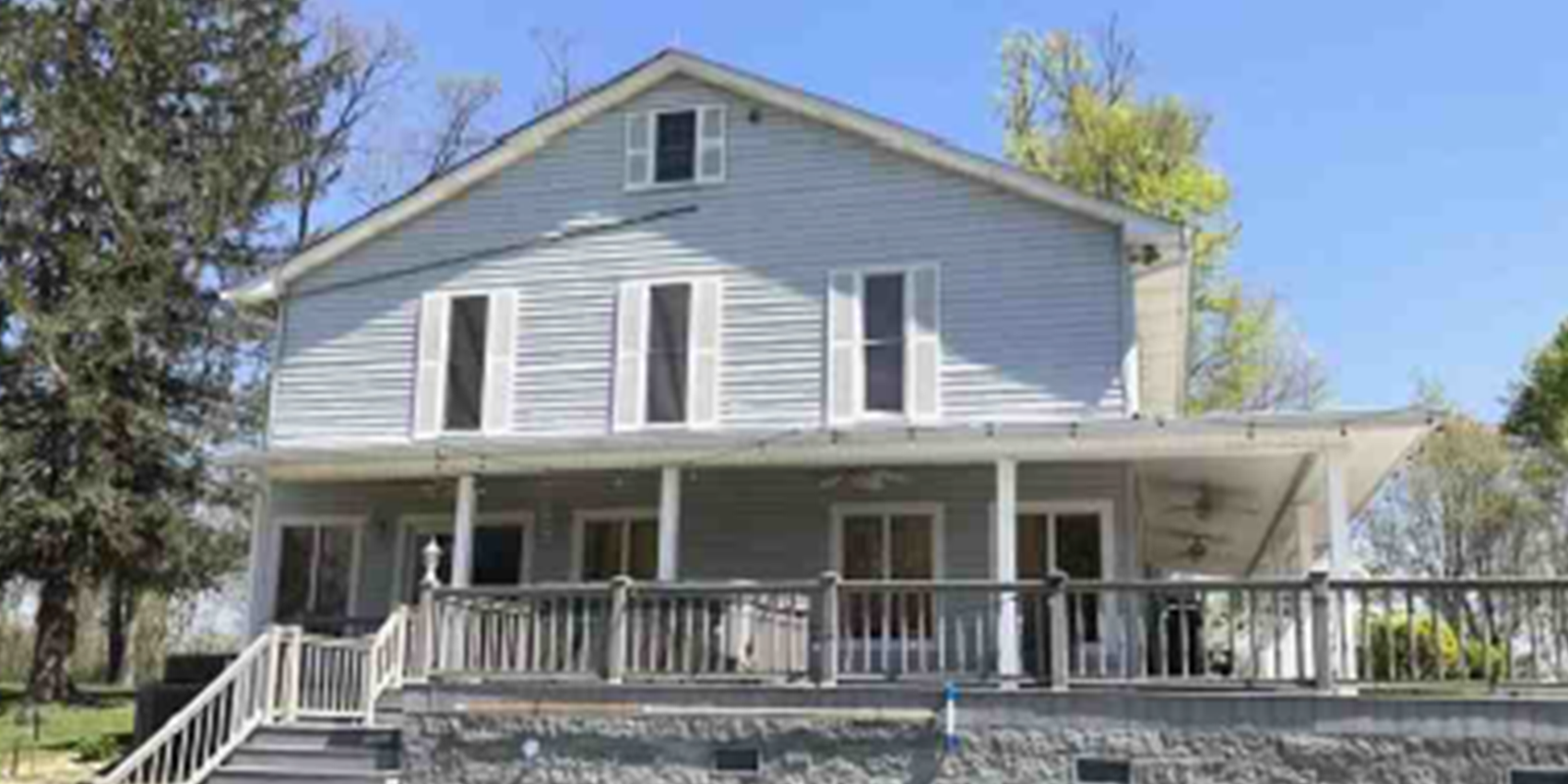It used to be that when you traveled, you sought out a hotel in which to spend the night. It was far better than a motel and maybe staying with family or friends wasn’t an option. Well, there are more alternatives than that, now.
One of the great pushes in real estate investing these days has been with condos positioned as short-term rentals, whereby guests come and stay (typically) less than 30 days. The condo owners might also live there at some time during the year, and then rent out the space when they are not at home.
This concept has launched the success of Airbnb, a mega-successful home-sharing corporation. AirBnB’s value worldwide is clocked at $38 billion; not bad for a company that charges about $80 per night per room.
There is a shift in thinking, though, as developers and investors are looking towards buildings built specifically for home-sharing. Meaning that although converting 300+ units might be nice, it’s even better to build them from the ground up and own them, or sell them to the final owner.
Developers like Niido have faced backlash from the practice of buying condominium buildings and—essentially—making them into hotels without the consent of those who live there. However, there seems to be a welcoming attitude to building home-sharing apartments and condominiums for the express purpose of renting them out, which is what Powered by Airbnb in partnership with Niido has begun to do.
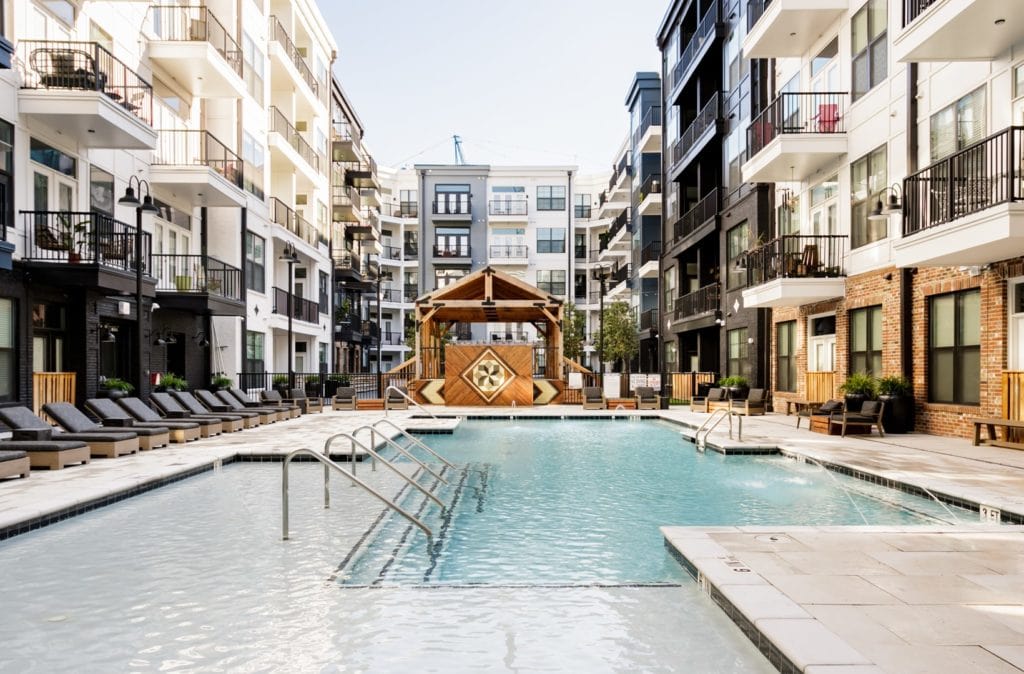
Building the condos specifically for sharing means that the owners and residents know exactly what they are buying into and there are no surprises. Plus, these new buildings are being zoned as hotels and have hotel licenses, making the complaints of short-term rental null and void. Some of these new buildings are slated to have hotel-like amenities such as co-working space, hotel-style food and beverage programs, furnished suites and even concierge service.
These buildings are being considered for smaller vacation spots where the attractions are still stellar, but the crowds are not, and neither are the building costs. While Austin and Miami are getting a lot of attention for their new condos, places like Milwaukee, Wisconsin; Eugene, Oregon; Cape Canaveral, Florida; Palm Springs, California; and Indianapolis, Indiana are emerging as hot places in which to invest in this new type of vacation rental. So, while condos might sell for up to $1.2 million in Miami, the costs will be far lower in Key West.
Governing entities have begun to levy taxes on home-sharing and require the owners to collect Transient Occupancy Taxes, which in some cases can be as much as 10% (although in some places it’s as low as 4%). Some cities have made the practice of renting out homes and apartments for short term illegal and will impose heavy fines (about $20,000) for violations. But, building specifically for home-sharing works its way around these problems and the challenges facing converting spaces for sharing.
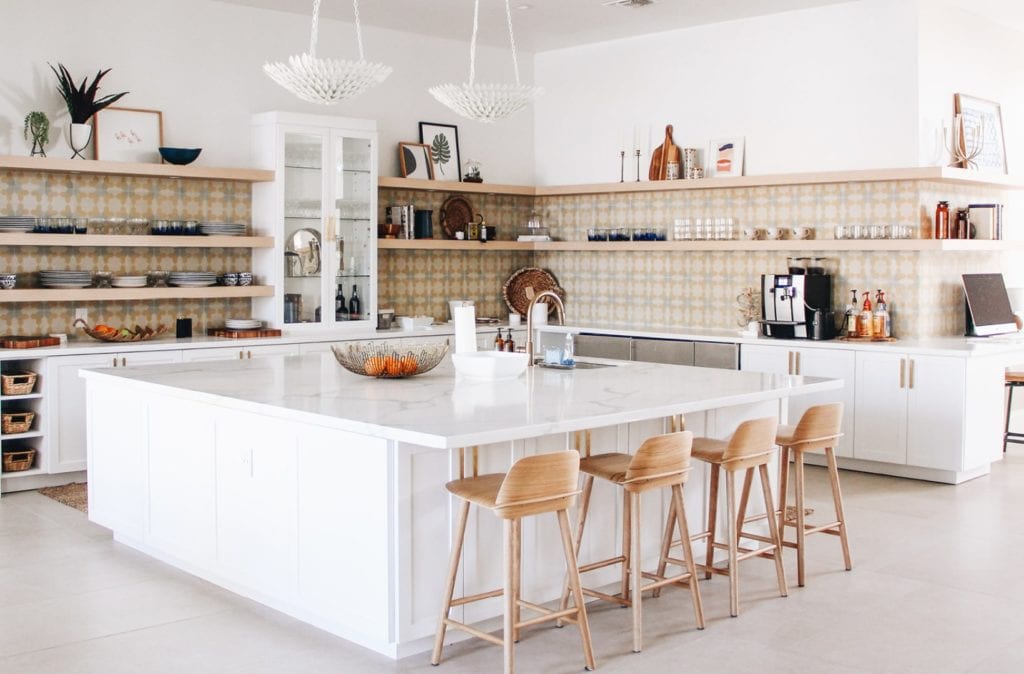
Forbes.com in an article on short-term rentals forecasts that in 2020, home sales will drop while the housing shortage will be the worst it has ever been in many cities, making this type of hybrid homing more and more appealing to owners.
Paradyme is currently looking into investments which would build home-sharing apartments and condominiums and would like to find those particular people who want to feel the winds of change and sail along. Contact us for more information.
